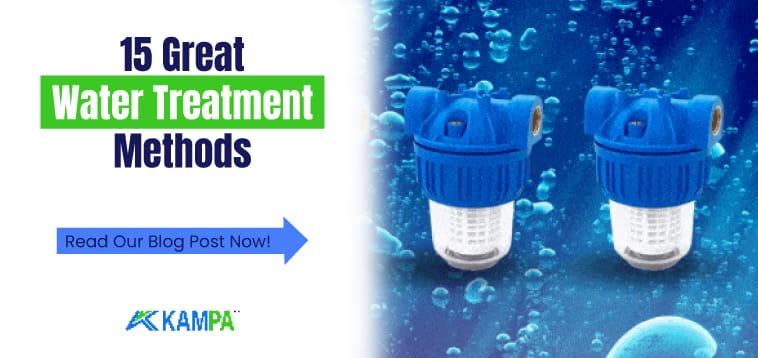15 Great Water Treatment Methods
Reverse osmosis systems, free granular activated carbon, solid carbon block filters. Let’s examine together what are the types of water treatment methods.
Table of Contents
Water purifiers all promise clean water, but how do you know which one is really the best?
We have done a little research for you to find the ideal water treatment system or water purification method.
Find Resources for Water Treatment Methods

If you are getting water from a well on your property instead of municipally treated water, your needs will be very different.
Is your well water chlorinated?
Chlorination kills all bacteria and viruses. You can safely use the water purifiers in your kitchen and the armatures in the fountains in your bathroom as they will separate the water from the chlorine.
Chlorine is Cheap for Water Treatment
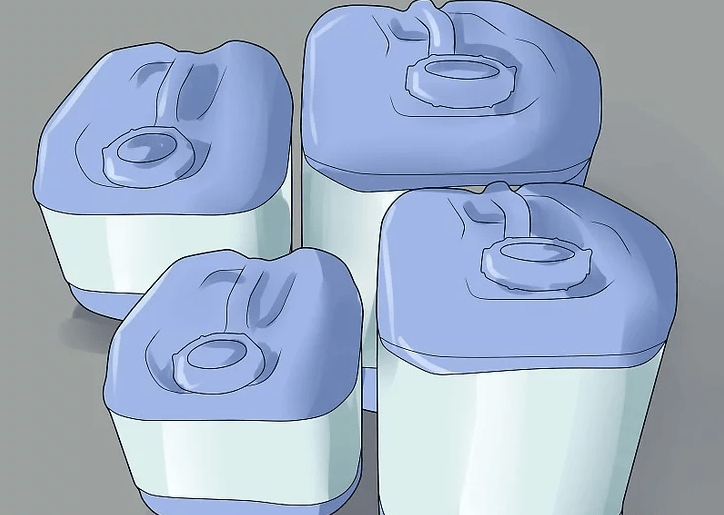
Among water treatment techniques, chlorine keeps the entire water system cleaner and the contaminants in the pipes, such as algae and bacteria, cleaner.
Does your well or spring water contain dirt, turbidity or other organic matter?
Put a good 10 to 15 micron pre-filter to remove these big pieces before you touch the taps at home.
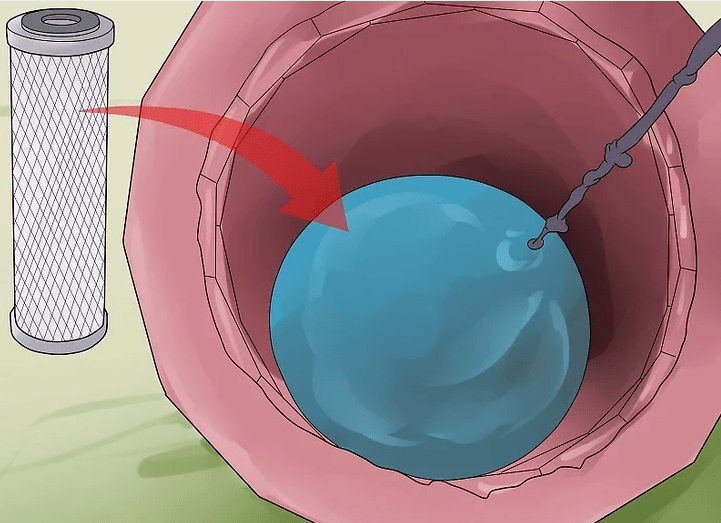
Reverse osmosis and distillation do not remove viruses and some chemical substances; always make sure to use good carbon filtration, preferably awater purifier enriched with carbon block, to ensure the removal of these unwanted substances.
Learn about municipal water in your area

If you have information about the impurities in the water, you can choose a better water treatment method and fight these impurities more easily. By using water filters, you can create a water treatment method that will minimize the level of pollution.
Are chemicals used in your area?
Some of the groundwater or rivers are often polluted by chemical wastes from factories. To avoid poisoning and getting sick, make sure to check whether there are chemicals near the water you use. After the check, remove the chemical from your water with a good importance water treatment method.
Determine whether the water in your area is from surface water or groundwater sources. Groundwater is generally cleaner and may only need gentle treatment with a domestic water filter.

But shallow wells or well pits need to be filtered more carefully as they can be contaminated with pesticides, oil spills and animal feces.
Find out if your community fluoridates its water. Fluoride can be particularly harmful to the elderly and has been linked to cases of Alzheimer’s disease. If removing fluoride completely is an issue for you, you can use a carbon block water filter to ensure fluoride-free drinking water.
Activated Carbon Filter: generally used in the process of removing organic compounds and/or separating free sclorine from water, thus making it suitable for discharge or use in manufacturing processes.

Assess Your Family’s Needs for a Water Treatment Method
If someone in your family is prone to asthma or respiratory disease, you may want to reduce the chlorine in your home by using a pre-filter that can remove 80%+ of the chlorine that enters your home. you may also need to replace your armatures with filters.
Some Think Distillation is a Water Purification Method
The thinking is that the only true definition of pure water is “H2O”, free of any contaminants. Distillation mimics the hydrological cycle of evaporation.
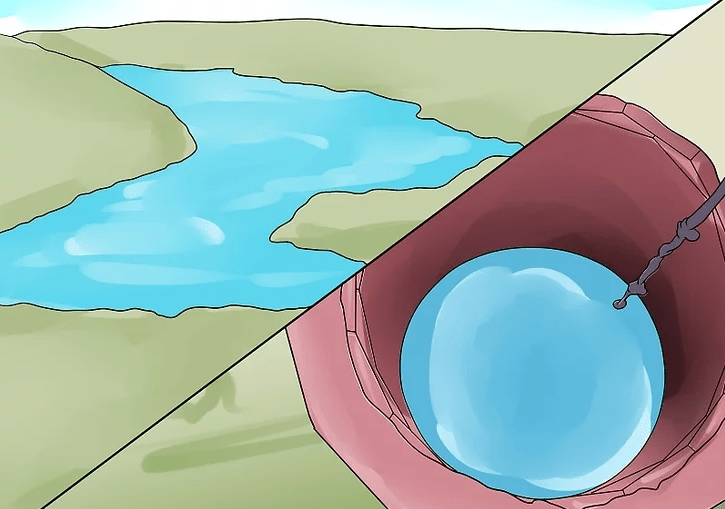
But distillation itself cannot remove all chemical pollution. Some chemicals evaporate and recondense, just like water. All reputable distillers have filters such as carbon blocks to completely clean all the water coming from the unit.
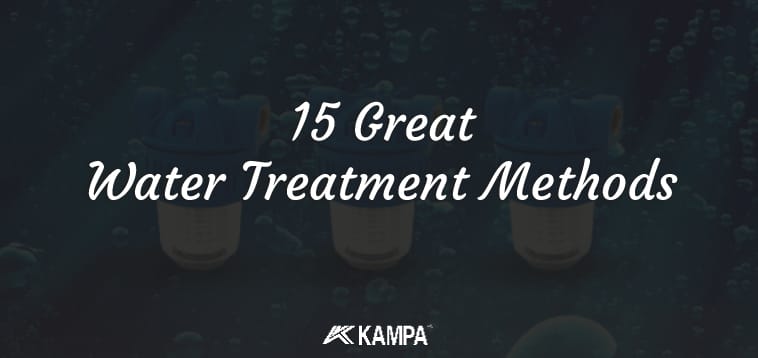
The Other Problem with Distilled Water in Water Treatment
Water is ion-free and aggressively binds to other minerals in the body, such as calcium. Distilled water for a lifetime drink is actually unhealthy over time and can negatively affect teeth, bones and other body processes that depend on trace minerals. At the very least, you need to take mineral supplements to prevent this factor.
Consider all the above factors when researching and purchasing a water treatment method.
Remember that you don’t just drink water, you brush your teeth and wash your fruits and vegetables and dishes.

Testing the water treatment method is the only way to determine whether your water is suitable for drinking and other uses.
You can have the testing done by a chemist or certified laboratory; you can go to the local water distributor and get the latest water quality test reports they make available to the public.
The test only tests what is in your water at the moment the water sample is taken. A day, a week, a month or more later, there could be contamination from any source coming out of your pipes and you will never know.
Test data is correct for that moment. But in order not to experience difficulties in the subsequent water treatment method process, it is necessary to use a water purifier and periodic maintenance of these should be done.
You can find more articles in the water treatment category. Click to water treatment prices

